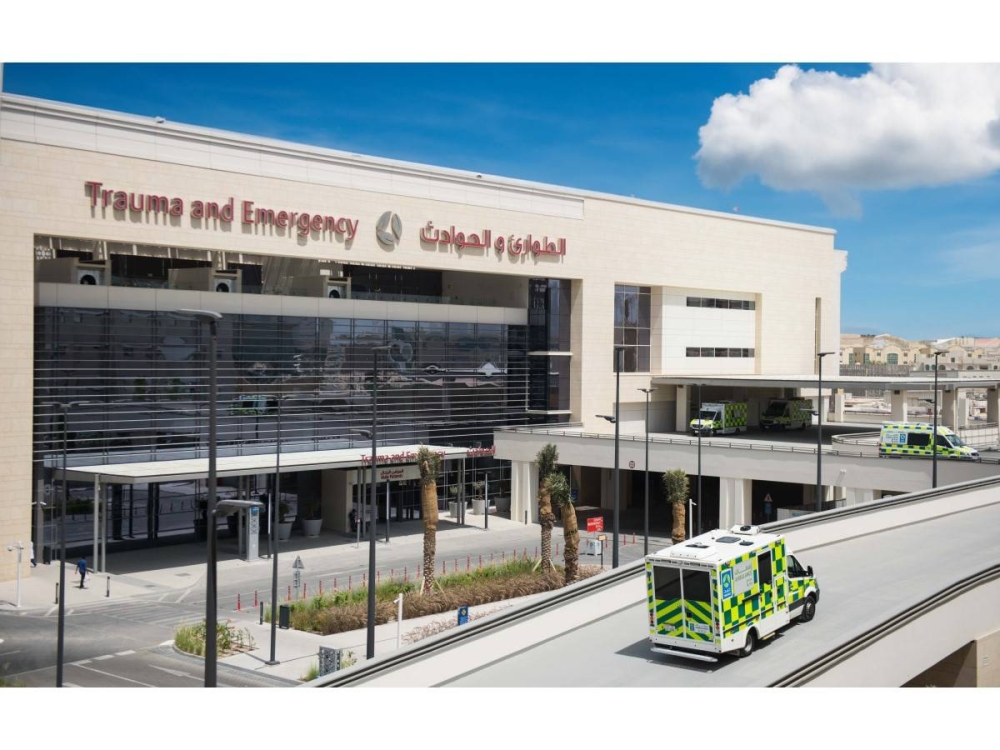A comprehensive plan has been developed by Hamad Medical Corporation (HMC)’s Emergency Department to ensure the continued services during the Eid al-Adha holidays, senior consultant (Emergency Medicine) Dr Warda Ali al-Saad has said.
The plan includes increasing medical and nursing staff during peak hours and ensuring 24/7 availability of specialised teams in general surgery, internal medicine, and critical care, she told local Arabic daily Arrayah.
Dr al-Saad said that work schedules have been adjusted flexibly to provide consistent coverage throughout the holidays.
Medical teams will operate around the clock to offer prompt care based on the urgency of cases.
She noted a recurring trend of gastrointestinal issues during Eid, largely due to overeating meat, fats, and sweets, or consuming improperly stored or undercooked meat.
Common cases expected include indigestion, food poisoning, nausea, vomiting, diarrhoea, and heartburn.
Dr al-Saad urged the public to seek emergency care only when necessary, as non-urgent visits can divert resources from critical cases.
She also noted the importance of public co-operation in following dietary guidelines and understanding the purpose of emergency services to help maintain care quality and public safety.
Dr al-Saad gave several health recommendations, including limiting meat portions to 150-200g per meal, choosing lean cuts, and avoiding fatty parts like ribs and liver – especially for those with high blood pressure or cholesterol.
She advised using healthy cooking methods such as grilling or boiling and avoiding frying or excessive oil use.
Dr al-Saad recommended avoiding meat for breakfast and instead starting the day with light, nutritious options such as fruit, whole grain bread, yogurt, or boiled eggs.
Including leafy greens and salads with meals, she said, is encouraged to aid digestion.
The senior consultant recalled that HMC emergency departments typically handle between 850-1,000 cases daily during Eid holidays, requiring high readiness and efficient triage systems.
The triage system prioritises urgent cases such as heart attacks, major injuries, severe bleeding, and respiratory distress, while non-urgent cases are redirected to appropriate clinics or health centres.
Dr al-Saad stressed that many mild conditions such as colds, minor sore throats, and low-grade fevers can be better managed at primary health centres, helping reduce workload on emergency departments.
HMC chief communications officer Hassan Mohammed al-Hail stressed that while many outpatient clinics will be closed during the Eid, emergency departments and inpatient units at HMC hospitals will continue operating as usual.
Paediatric Emergency Centres will also remain open to treat urgent cases involving children aged under 14.
Al-Hail reiterated that emergency departments are designated for urgent and critical cases, while mild conditions should be directed to Primary Health Care Corporation (PHCC) centres, many of which will remain open across various regions during the holidays under a co-ordinated plan.

